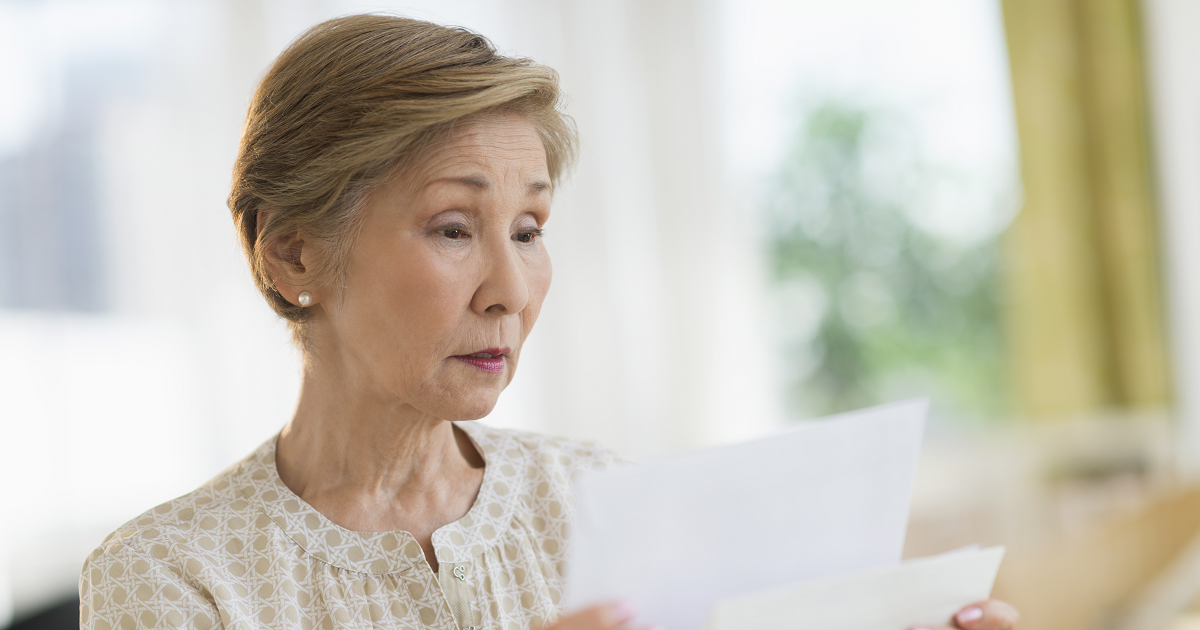Learn estate planning basics
Your estate includes everything you own, including but not limited to: your home, vehicles, checking and savings accounts, life insurance, investments and other personal possessions. No matter how large or small, nearly everyone has an estate — something they might like to leave behind to loved ones. Of course, there are plenty of sentimental reasons to want to leave some of your most treasured possessions to a special someone, but there are practical ones, as well.
- Avoid probate — If you pass away without a will — a document that gives clear instructions on how you'd like your estate distributed — figuring out the finances of your estate could fall to the courts, which can take years. Having a will in place helps expedite the process.
- Potential tax benefits — After you pass, your beneficiaries might have to pay taxes on your estate. Work with an estate planning or tax accountant to learn the different scenarios that work best for your needs and might potentially help reduce your estate's tax bill.
- Long-term planning — If you become incapacitated and are no longer able to make decisions for yourself, you can create a living will, which states your medical wishes, and assign a medical proxy who will make your medical decisions for you. With estate planning, you're in control over where you'd like your property, income and valuables to go.
Create a basic estate planning checklist
As you get started with estate planning, you can work off a simple checklist. This will help you keep your documents in order and you can compile them into an "in case of death binder."
- Take inventory — Collect your financial documents; bank accounts, life insurance policies and investment accounts, as well as any notes on property and important personal items. Knowing where you stand will help you start planning.
- Determine your needs — Once you've completed your inventory, you might find you have a few unexpected needs. Maybe you'd like more life insurance coverage, for example. If you have minor children, you'll also want to think about potential guardians, as well.
- Create a will — Here's your chance to list exactly where you'd like your assets and property to go. You might divide it among your children, pass it to your spouse or, if you're single, donate it to your favorite charity.
- Create a living will or living trust — You'll also want to consider your long-term medical care if something happens to you.
- Name an administrator — An administrator is the person who is going to carry out your wishes. You can keep the same person as your power of attorney, who is there to help manage your finances if you can't, or split the jobs among people you trust.
- Check your beneficiaries — Go through all of your financial documents and review any beneficiary designations. You don't want to leave any of these unaddressed.
- Review with a professional — Since estate planning is so important, it makes sense to have a professional look it over and make sure everything looks ok.
- Update yearly — Keep all your documents in a safe place, and once a year — or after any big life changes — review them to ensure everything is still listed how you want.
Estate planning is an essential part of life, whether you're getting ready to retire or you have a growing family. Starting the process now can help you get everything in order to help protect your family and make sure your final wishes are followed.
WEB.1476.11.20




